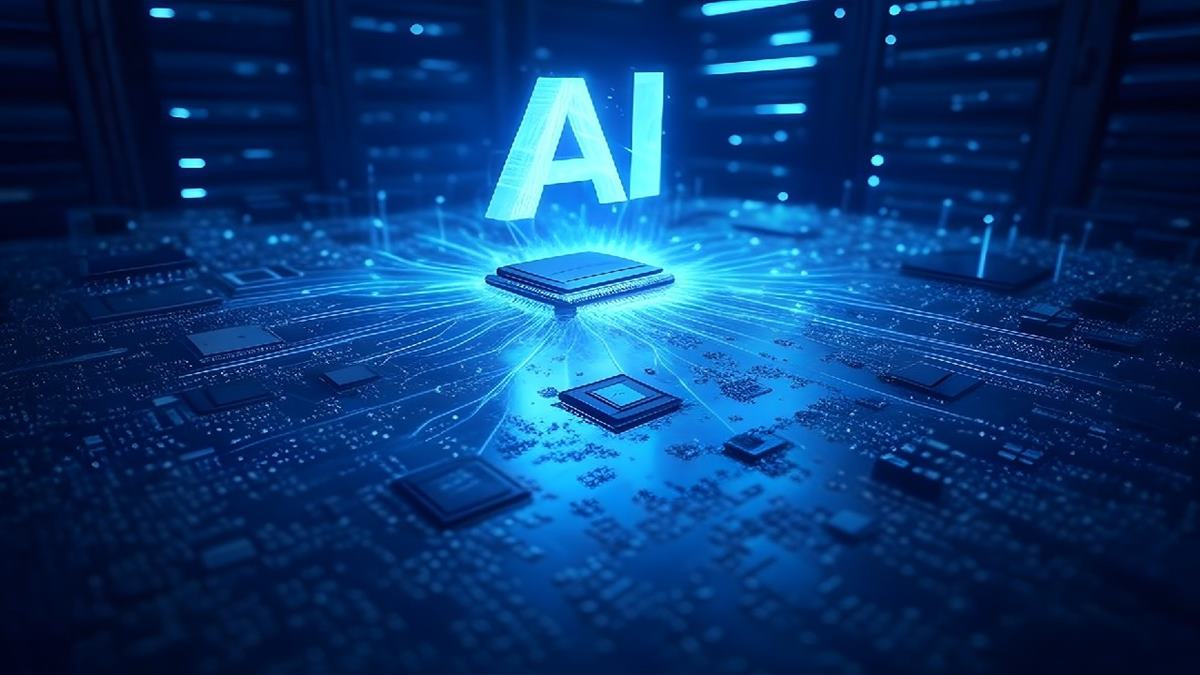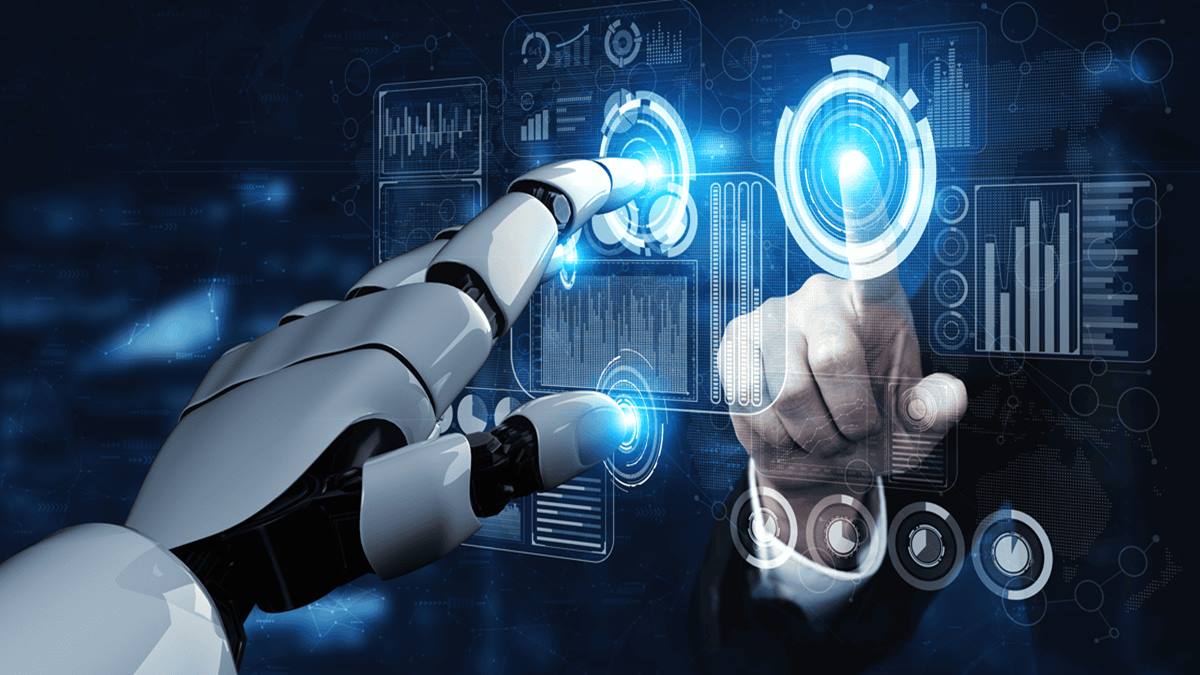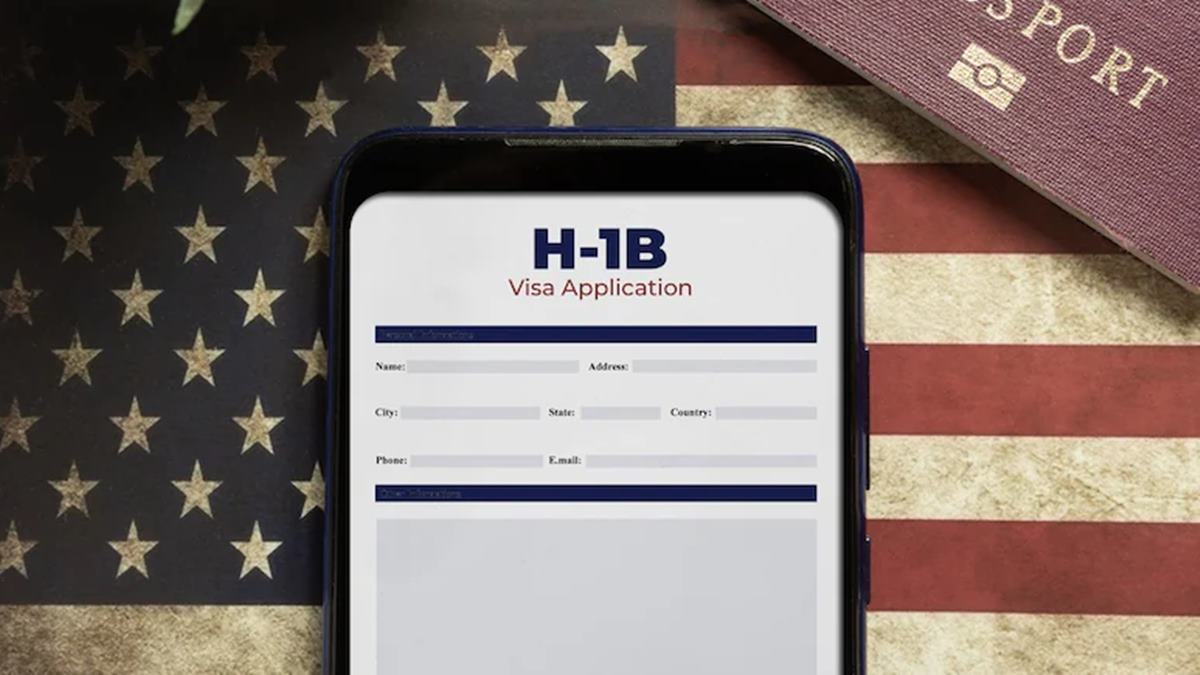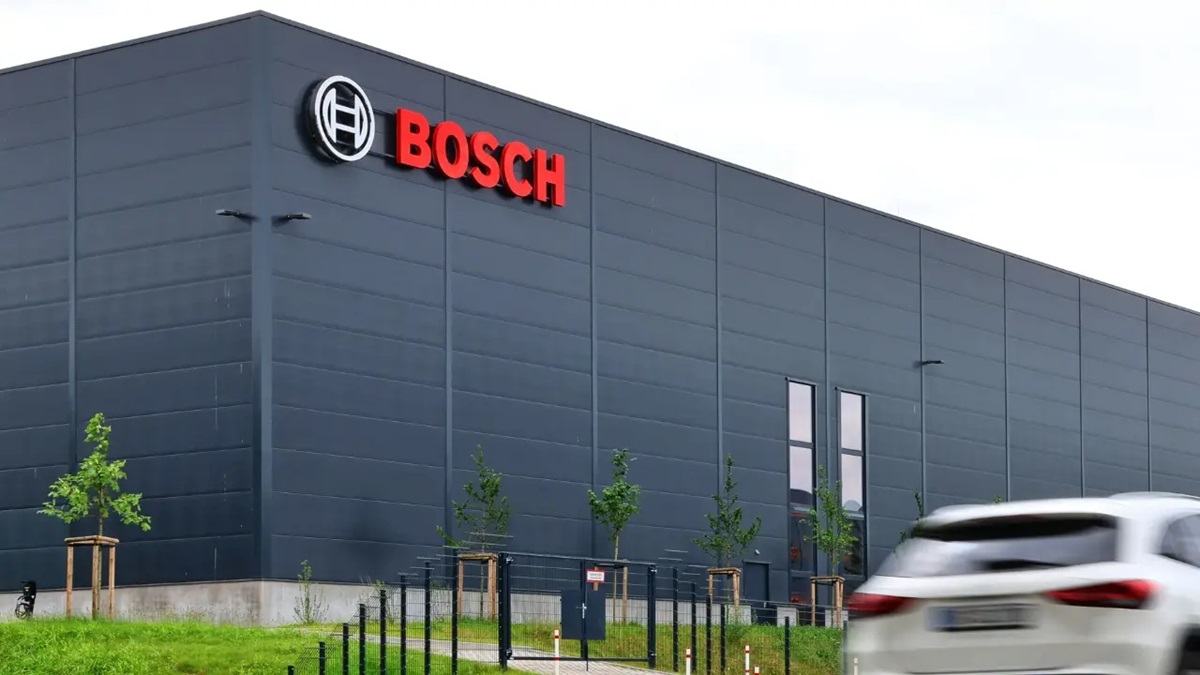Artificial intelligence is making it harder for entry-level workers in the US to find jobs in fields like software development and customer service, according to new research.
In a study released Aug. 26, Stanford University researchers said they found that over the last three years, employment has dropped 13% for people who are just starting out in fields determined to be the most exposed to AI — such as accountants, developers and administrative assistants. Over the same time frame, they said, employment trends have remained the same or improved for more experienced workers in the same fields, even as they slowed for workers ages 22 to 25. Employment trends also strengthened for lower tech jobs, such as nursing aides.
The study, coauthored by economist Erik Brynjolfsson and researchers at Stanford’s Digital Economy Lab, is the latest in a growing number of reports purporting to shed light on how the explosive popularity of AI is impacting the workforce. The launch of OpenAI’s ChatGPT chatbot in November 2022 helped kick off a fascination and anxiety over generative artificial intelligence. Since then, people have used chatbots for everything from coding to ersatz therapy sessions, and companies including OpenAI have released increasingly powerful AI models to power them.
The popularity of the technology has fueled debate over how — and if — the rapid adoption of AI would disrupt employment. In the study, the Stanford researchers said they found that drops in employment are most common for jobs where AI is most likely to automate human work instead of helping people to do their work.
To help them conduct the study, whose findings have not been peer reviewed, researchers said they looked at data from payroll processor Automatic Data Processing Inc., which included monthly payroll statements for millions of people at tens of thousands of companies.




















